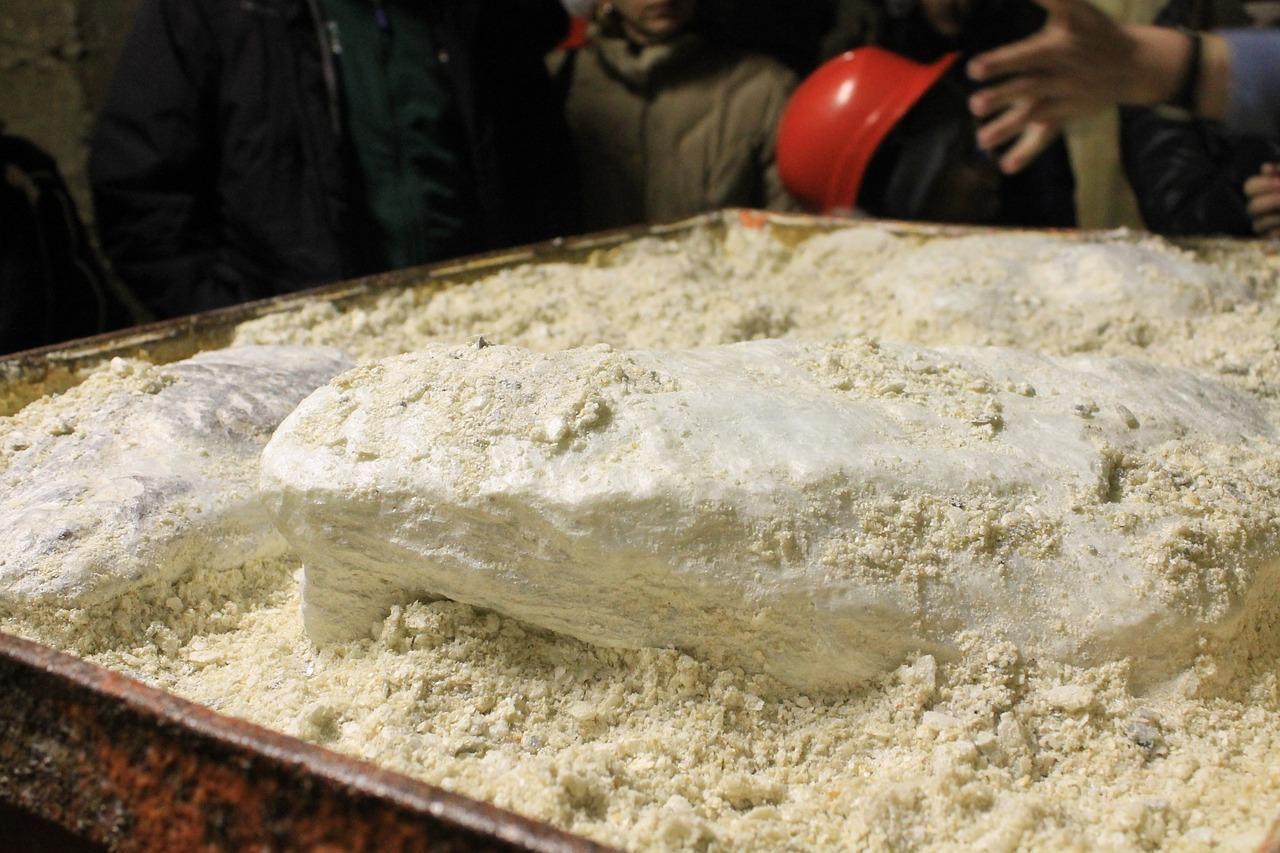If you’re a weightlifter, then you know about two white powders that are popular among weightlifters. These are baby powder and chalk.
Chalk is used commonly in weightlifting, gymnastics and rock climbing. It is a useful implement for enhancing your grip.
Baby powder, or talcum powder, is used for the opposite reason: lubrication. It is wiped on the quads of the weightlifter to make it easier for them to slide the bar up at the top of a deadlift. If they don’t use adequate lubrication, the bar’s knurling could potentially tear either their skin or singlet. It’s important not to get the two mixed up, especially considering the fact that they are used for opposing purposes.
Today, we’re going to be focusing on talcum powder, which has a bit of a less than pretty side to it. According to the piece “Talcum Powder and Cancer – A MedTruth Guide,” there might be more to talcum powder than meets the eye.
Talcum Powder and Cancer

There have been a number of high-profile lawsuits recently surrounding the claim about talcum powder causing cancer. You may have heard of the case this year about a St. Louis jury awarding more than $4 billion to 22 women who sued Johnson & Johnson with the allegation that talcum powder gave them ovarian cancer. The company said it would appeal the verdict, but the damage seems to be done already. With this and other high-profile cases causing all the buzz, it’s no wonder that we should ask ourselves whether baby powder is safe for weightlifters.
Different Forms
 Talcum powder is the main ingredient in baby powder. It is made from talc, which is a mineral. In that case, there are two types of talcum powder: the natural mineral form, which contains asbestos, and the refined form, which has been cleared of all asbestos. The natural form does cause cancer. However, the refined form, which is sold in the United States is free of cancer, according to the American Cancer Society.
Talcum powder is the main ingredient in baby powder. It is made from talc, which is a mineral. In that case, there are two types of talcum powder: the natural mineral form, which contains asbestos, and the refined form, which has been cleared of all asbestos. The natural form does cause cancer. However, the refined form, which is sold in the United States is free of cancer, according to the American Cancer Society.
When it comes to talcum powder, there are two main kinds of concerns: the first is that talc miners and other workers who are exposed to talc at work might get lung cancer just by breathing in the talc. The second is that women who put talcum powder in their genital areas might be at the risk of getting ovarian cancer.
The Risk to Lungs
There is some evidence that workers who breathe in talc could get lung cancer. The case is a bit more nuanced with talcum powder. Some research shows that it is possible for talc particles to get into the fallopian tubes and uterus when applied in the genital areas and, therefore, find its way to the ovaries. We still don’t know, however, whether those particles might cause cancer. Studies that have shown a risk of this have tended to be biased and, therefore, unreliable.
That said, no studies have yet been released showing any dangers for weightlifters who use baby powder for lubrication while weightlifting and weight training. That said, you should generally avoid breathing in talcum powder to be safe and use it only when necessary.

Leave a Reply